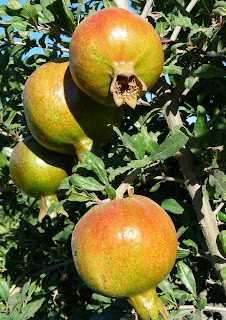FARM TO FOOD BANK MONTH: AG SURPLUS AGAINST HUNGER
- We collect nutritious and fresh surplus vegetables, fruits and salads and from local growers and shippers.
- We consolidate the surplus produce at our cooler.
- We distribute the produce to food banks and non-profit agencies.
- Food banks and agencies give the fresh produce at no cost to people in need.
Ag Against Hunger has started a new program with the Grower-Shipper Association Foundation, HELP, the Food Bank for Monterey County and Fresh from D’Vine in an effort to get more fresh and nutritious produce into local schools. The More Produce for Schools program provides students in Monterey County with a more balanced lunchtime meal that includes fresh produce. Currently, there are five school districts enrolled in the program: Salinas Union High School, Alisal Union, Greenfield, King City, and North Monterey County.
 |
|
Gleaning session – photo courtesy of Ag Against Hunger
|










